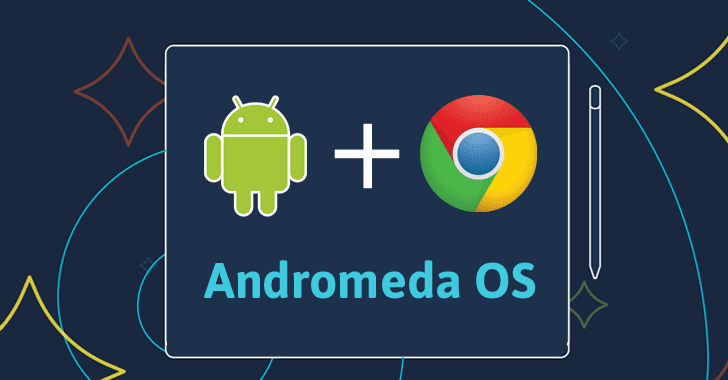While blockchain technology ensures that cryptocurrency transactions are immutable, irreversible, and secure, where cryptocurrency is stored is a determining factor in how secure it is. Having a vulnerable cryptocurrency wallet is like storing money at a suspicious bank: it’s unsafe and it behooves the investor to do enough research to sleep at night knowing their assets are safe.
WHAT IS A CRYPTOCURRENCY WALLET?
Every transaction in the blockchain shared record is signed by a private key linked to the user’s account. As we covered in the first blog in our cryptocurrency series, the blockchain is the decentralized mechanism that prevents double spending and validates transactions. Cryptocurrency wallets store the private keys. Although cryptocurrencies are not stored within the wallet, they are protected by the address created and stored by the wallet. Deciding on the right wallet for your cryptocurrency is one of the most important decisions since it will make or break the security of your assets.
There are five different types of wallets to choose from: mobile wallets, desktop wallets, hardware wallets, paper wallets and online wallets.
PAPER WALLETS
Paper wallets are the most basic form of wallet. They are an offline wallet consisting of two QR Codes. One of the codes is the cryptocurrency address and the other is the associated encrypted private key.
The benefit of a paper wallet is that it cannot be hacked. It is essentially a piece of paper that is stored in a safe place like a safe or safety deposit box. Unfortunately, while paper wallets may be exceptionally safe since they are unhackable, they are not exceptionally nimble. If you are looking to buy and sell cryptocurrencies frequently, this may not be the option for you.
ONLINE WALLETS
If you are new to cryptocurrency and have recently invested, chances are you are currently using an online wallet like Coinbase, Blockchain, or Xapo. Online wallets are run by third-party providers, so the security of currency is dependent on the company running the show. As the hack of NiceHash proves, this is not always the best thing. CoinBase insures their client’s investments and stores the majority of their cryptocurrency offline. While Online Wallets provide an easy avenue for buying and selling cryptocurrencies, storing cryptocurrency offline is significantly safer.
MOBILE WALLETS
Mobile cryptocurrency wallets are software wallets that make cryptocurrency available through mobile devices. One of the benefits of a mobile wallet is that merchants that accept cryptocurrency can use NFC technology to sync with their apps and provide wireless payments.
The most popular mobile wallets include Copay, breadwallet, and for Android users: Bitcoin Wallet. While mobile wallets make cryptocurrencies nimble, they are only as secure as the smartphone on which they are being used. Storing large amounts of cryptocurrency on mobile devices is not recommended, but they can be a good tool for investors who are buying and selling cryptocurrency on the go.
DESKTOP WALLETS
Like mobile wallets, desktop wallets are software designed for desktop computers. They are more secure than mobile wallets, but less nimble. Still, for those who want to secure their cryptocurrency and don’t mind being limited to their computer, desktop wallets are a great option.
Bitcoin Core is the original Bitcoin wallet, but it is somewhat techy and precarious to install as it requires downloading the entire blockchain.
Electrum is one of the most popular desktop bitcoin wallets. It’s easy to use and it can be configured for advanced features like TOR and cold storage, making it accessible to newbies with higher functionality for high-tech users.
Exodus features one of the best UIs available for a wallet. It allows users to instantly trade currencies stored within the exchange between themselves and it is partially open source.
HARDWARE WALLETS
Aside from paper wallets, hardware wallets are the most secure method of securing cryptocurrency. Hardware wallets are small computers, smartcards, or dongles created to generate private keys offline, securely signing transactions in the offline environment. Like paper wallets, hardware wallets cannot be hacked remotely and are as secure as the place in which they are stored. The only difference is that hardware wallets, like all technology, can lose functionality with age and improper upkeep.
The best hardware wallets are Ledger Nano and Trezor. Ledger Nano is a smartcard-based hardware wallet that can be used on any computer or Android phones with Mycelium or Greenbits mobile wallets. Trezor is a tiny computer, rather than a smartcard, but both upon set-up generate a random 24-word seed that backs-up the funds and can be used to recover all funds within the wallet. It is best to have a hardware wallet with its own screen, like Trezor, since hardware wallets that plug into the computer expose themselves to the security vulnerabilities of the computer.
TAKEAWAY
There are many ways to store cryptocurrency with varying levels of security. For those who are looking for the most secure method, hardware and paper wallets are the best route. For those who are looking to trade on the go, mobile and online wallets provide the best flexibility. Desktop wallets are the happy medium. So long as wallet options have been researched, cryptocurrency investors can rest easy knowing they made the informed decision.
Next week, for the next installment of our blog series on cryptocurrencies, we will explore the revolutionary mechanics of the Blockchain. Stay tuned!


